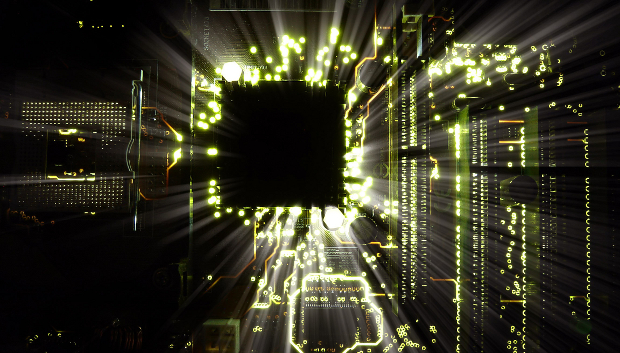As comebacks go, the PC market’s has been pretty short-lived. After eight quarters of continuous decline, EMEA PC shipments started rising at the beginning of 2014, growing by 0.3% in the first quarter, according to Gartner. Things picked up in the second quarter with an increase of 8.6%, accelerated in the third quarter (up 9.6%) before slowing down in the final three months (a more modest 2.8% increase).
Sadly, it was too good to last. On 12 March, Intel lowered its outlook for the first quarter as “a result of weaker than expected demand for business desktop PCs and lower than expected inventory levels across the PC supply chain”. As the dominant supplier of processors for the PC market, Intel is seen as a bellwether for the overall market. Announcing that it expected first quarter revenue to be down by as much as $900 million, Intel blamed changes to demand and inventory patterns on “lower than expected Windows XP refresh in small and medium business and increasingly challenging macroeconomic and currency conditions, particularly in Europe”.
Intel’s identification of a lower than expected Windows XP refresh in small and medium business as an issue is interesting for what it says about the performance of the PC market in 2014 and what it intimates may happen in the future. First off, it appears that the PC market has become unhealthily reliant on upgrades to achieve any kind of growth. Microsoft’s withdrawal of support for its venerable operating system obviously forced many corporate hold-outs to make the switch to Windows 7 or Windows 8 and delivered a temporary boost to the market in the process.
The effect of that forced upgrade on the market may well have been positive but it shows how much the influence of the PC has changed over the past four years or so. Up until the continuous sales decrease which occurred in 2012 and 2013, the PC has appeared impervious to those forecasting its decline and fall. The fact is that predictions of the PC’s demise have been premature on a number of occasions in the past, but this time feels different.
Upgrade addiction
Yes, the PC has been reliant on upgrades in OS and processors to fuel some of its growth in the past, but it has not been completely dependent on it. In the past, new versions of Windows may have delivered a boost to PC sales but the underlying trend was usually upwards. By contrast, in 2014 sales growth in EMEA was almost entirely dependent on the upgrade from XP. Once that fell away, so did the growth.








Subscribers 0
Fans 0
Followers 0
Followers